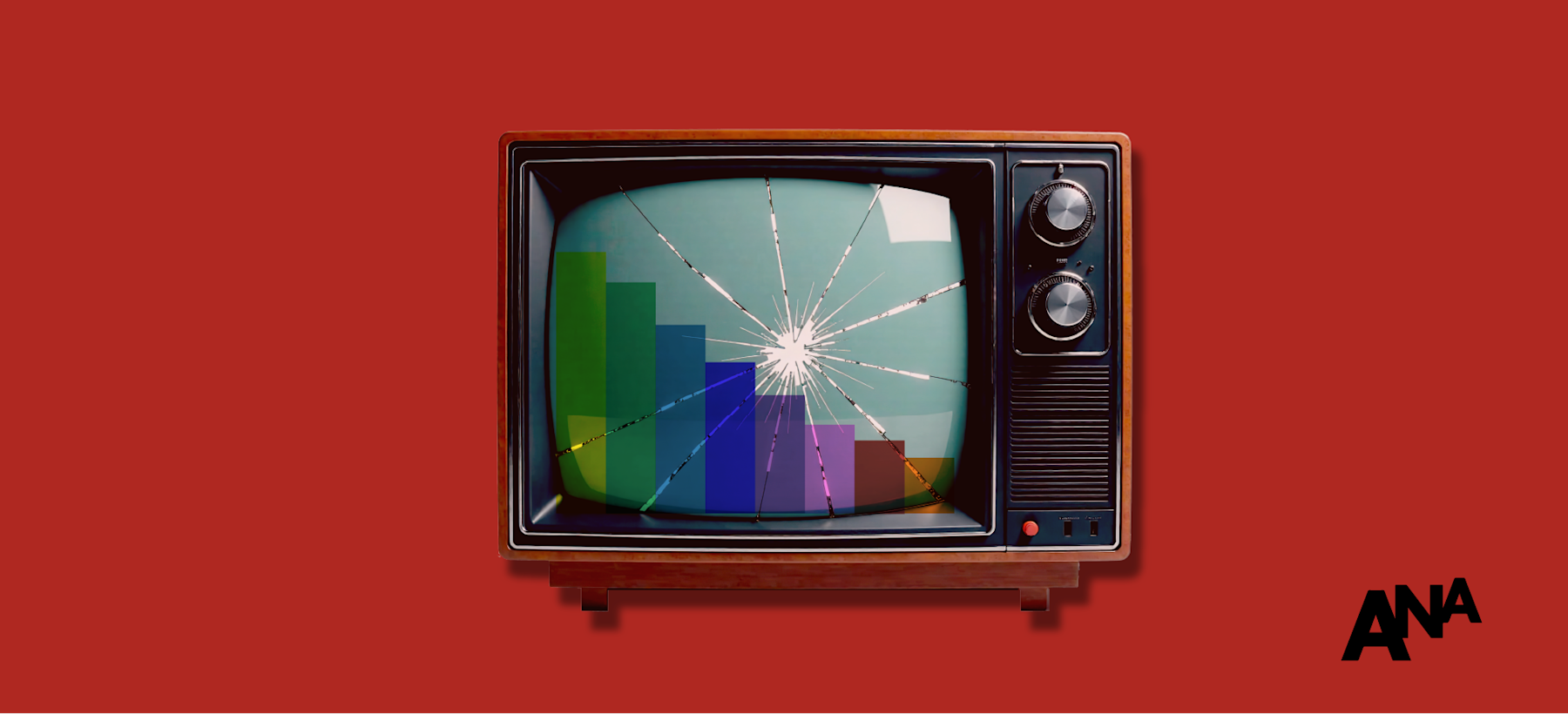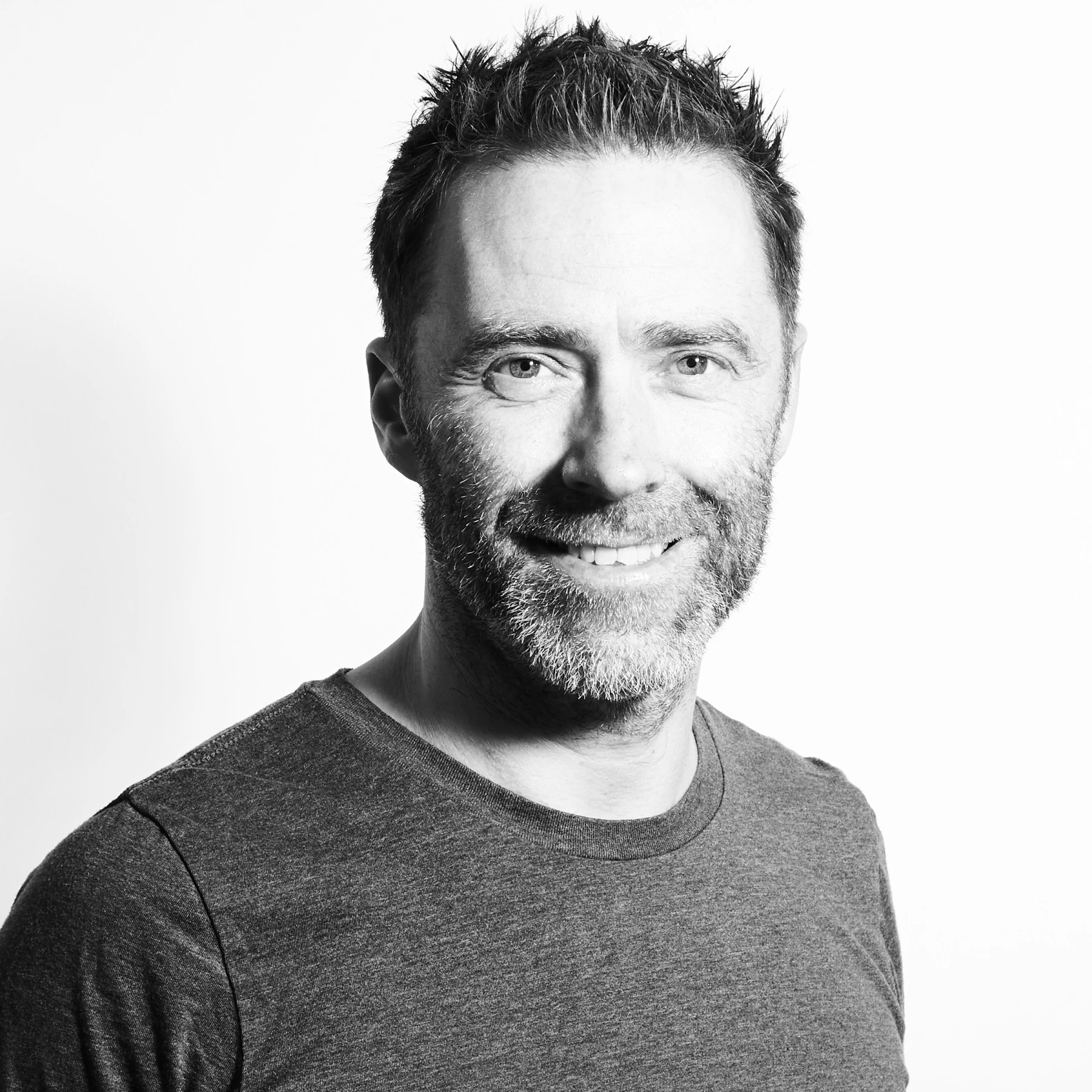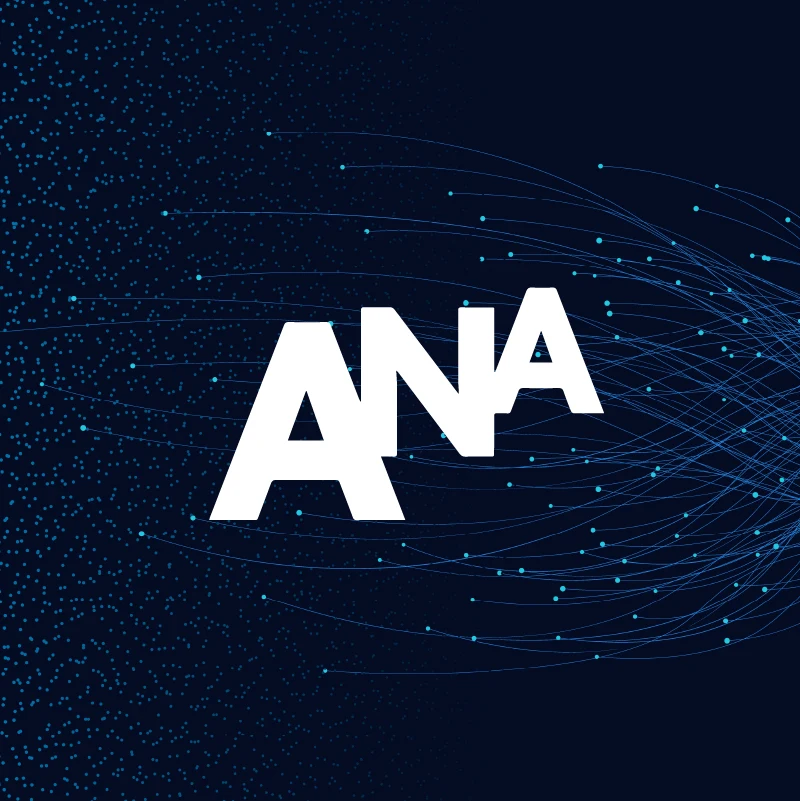
Cutting Costs or Cutting Corners? Why Sacrificing Channel Expertise Can Lead To A Vicious Cycle Of Diminished Performance
A version of this was originally featured on ANA.
The conversation between CMOs and CFOs has become increasingly focused on cost efficiency. Faced with rising scrutiny on budgets, many CFOs are questioning the value of maintaining multiple specialized agencies and advocating for consolidation to reduce fees. For CMOs, this creates a dilemma: How can they justify the need for channel expertise when every dollar is being watched?
While consolidating agency relationships may seem like an easy way to save money, it carries a real long-term risk. Sacrificing channel-specific expertise in favor of generalist solutions often leads to lower media performance, weaker ROI, and ultimately, a reinforced perception of marketing as a cost center rather than a driver of business growth. This can lead to a vicious cycle that benefits no one.
True Efficiency Requires Expertise - Particularly In Convergent TV
Channel-specialized agencies deliver better results by tailoring strategies to the unique demands of each channel. In high-investment channels like TV and CTV, these gains are especially critical and require the right mix of subject-matter expertise, technology, and data. Replacing these invaluable variables with an off-the-shelf media plan nearly erases the ability to achieve and demonstrate growth. All too often, agencies default to a "set it and forget it" mentality for TV, relying on buying spots on the same familiar networks and assuming past performance will yield future success. This approach does not factor in the persistent monitoring and optimization needed to address the dynamic nature of changing audience behaviors across linear and streaming platforms.
Without real-time analysis and refinement, agencies risk missing out on the chance to secure more efficient, high-impact inventory that could drive better ROAS. This is only possible by leveraging the right data to drive better results. Just like there are specialists in mobile or search, TV and CTV requires highly tuned, IP-level data to make the right planning decisions. Tatari, for example, captures 60M+ impressions from set-top box devices, and ingests 30M+ IP-level data points from Smart TV OEMs to help our clients build TV campaigns with speed and accuracy.
Achieving effectiveness in TV and CTV - and proving it - goes beyond human-led expertise. It requires the right technology to activate it - tools many agencies do not have at their disposal. The rise of AI has literally transformed how marketers approach their media plans. With AI built into a proprietary planning platform, users can better define key campaign parameters, including budgets, objectives, KPIs, spot length, bidding strategy, and frequency caps - all while cutting hours of manual work that would need to be done without this dedicated technology.
Channel-specialized agencies deliver better results by tailoring strategies to the unique demands of each channel. In high-investment channels like TV and CTV, these gains are especially critical. Unlike algorithm-driven channels like search or social, where performance is largely optimized by platforms, TV and CTV require specialized expertise and technology.
TV and CTV require active management to perform. Media buying must balance direct deals with programmatic, upfront commitments with the flexibility of agile buying. Inventory should be targeted based on past performance, while measurement must account for incrementality, ROAS, and other performance KPIs. Test campaigns should rigorously test for creative effectiveness. Achieving effectiveness in TV and CTV - and proving it - requires all of this and much more.
Replacing this kind of expertise and specialized technology with an off-the-shelf media plan nearly erases the ability to achieve and demonstrate growth in these channels. Instead of continuously testing and optimizing their media buys, many agencies repeatedly buy ads on the networks they know, relying on prior success to dictate future strategy. This approach does not factor in the persistent monitoring and optimization needed to address the dynamic nature of changing audience behaviors across linear and streaming platforms. Without real-time analysis and refinement, agencies risk missing out on the chance to secure more efficient, high-impact inventory that could drive better ROAS.
If Marketing is Treated as a Cost Center, That’s What It Will Become
Cutting corners on channel expertise doesn’t just lead to weaker performance—it risks creating a self-perpetuating problem. Poorly managed media budgets fail to deliver results, making it harder to demonstrate performance or justify investments. This, in turn, reinforces the CFO’s perception that marketing is a cost center, not a growth driver, leading to even greater pressure to cut costs. The result is a vicious cycle where reduced expertise fuels reduced performance, reduced performance fuels skepticism, and skepticism fuels further budget cuts.
Timing plays a critical role in this dynamic. Early in the year, consolidating agencies may seem like a logical way to save money on fees. But by Q4, the focus shifts to media performance: Why aren’t campaigns delivering stronger ROI? What you save in agency fees today risks being lost in underperformance tomorrow. When that happens, marketing is left in a weaker position, with fewer resources to address the very problems consolidation was supposed to solve.
While not every channel benefits equally from specialized expertise, all channels benefit to some degree. In high-stakes environments like TV and CTV, the need for expert management is particularly acute, given the complexity of balancing direct and programmatic deals, measuring incrementality, and optimizing creative performance. Without these capabilities, media plans become generic, unaccountable, and incapable of driving meaningful growth or clearly demonstrating it when they do.
That’s why for CMOs and CFOs, the question isn’t just about cost—it’s about capability. By consolidating agency relationships, are you sacrificing the ability to achieve and demonstrate performance in your most critical channels? If the answer is yes, then saving money on fees is a hollow victory. You may as well cut the media budget while you’re at it.

Philip Inghelbrecht
I'm CEO at Tatari. I love getting things done.
Related
Why Open Programmatic and CTV May Never Mix
In the evolving landscape of digital advertising, the intersection of open programmatic and connected TV (CTV) faces significant challenges.
Read more
7 Essential Considerations When Evaluating a Potential MMM Partner
Marketing Mix Models (MMM) helps companies measure their true marketing impact, but selecting the right partner requires careful evaluation. Here are key factors to consider in your MMM assessment.
Read more
Tatari’s Record Growth and AI Expansion Set the Stage for 2025, Strengthened by Key Executive Hire
After experiencing record growth in 2024, see how Tatari plans to shape the future of TV advertising through continuous innovation and new leadership in engineering.
Read more


